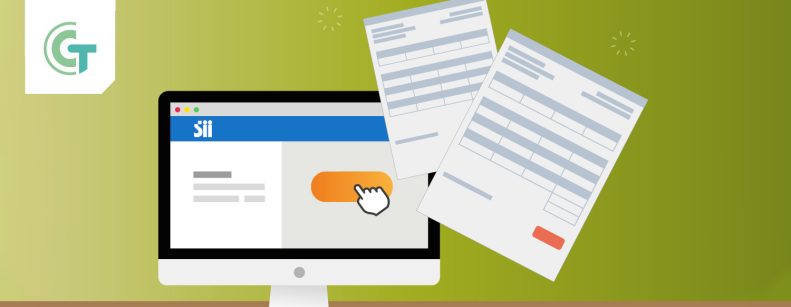
By Centro de Conocimiento Tributario (Tax Knowledge Center) - CCT
A characteristic feature of the tax field is the abundance of acronyms, such as acronymswhich abbreviate and refer to various technical concepts: IDPC, IGC, CPT, RLI, RAI, REX, SAC, VAT, F22, F29... and so on, the list goes on and on.
During March, within the framework of the process of Operation Renta AT 2024, one of these acronyms sounded with particular force among taxpayers, their accountants and advisors: the so-called DD.JJ. (or DJ, in its singular version), which corresponds to the Affidavits that every year must be submitted to the Internal Revenue Service (SII), providing various types of information of various kinds -or third parties - related to activities, income or commercial operations carried out, corresponding to the immediately preceding year. immediately preceding yearThe following information must be submitted each year to the Internal Revenue Service (SII): salaries, fees, withdrawals or dividends, investments and income from abroad, real estate leases, APVs, interest on time deposits, among others.
Thus, by submitting the income tax returns within the deadlines deadlines established by the tax authorities (concentrating on March March those which serve as the basis for determining taxes and in June June those that -mainly- contain taxpayer information data), the different market participants comply with this ancillary tax obligation. accessory tax obligation, which translates into awhich translates into a double benefit:
* To be reviewed, completed and/or modified by the taxpayer, prior to filing.
Finally, it should be noted that the universe of affidavits changes annually. changes annually with the incorporation of new Affidavits, the elimination of some existing ones and the modification of their format and/or filling instructions, according to the provisions of the SII for each Income Tax process; being the obligation of each taxpayer or market participant to check if they are obliged to file one or more of them. is obliged to file one or more of them..
We invite you to review more details of this topic here.